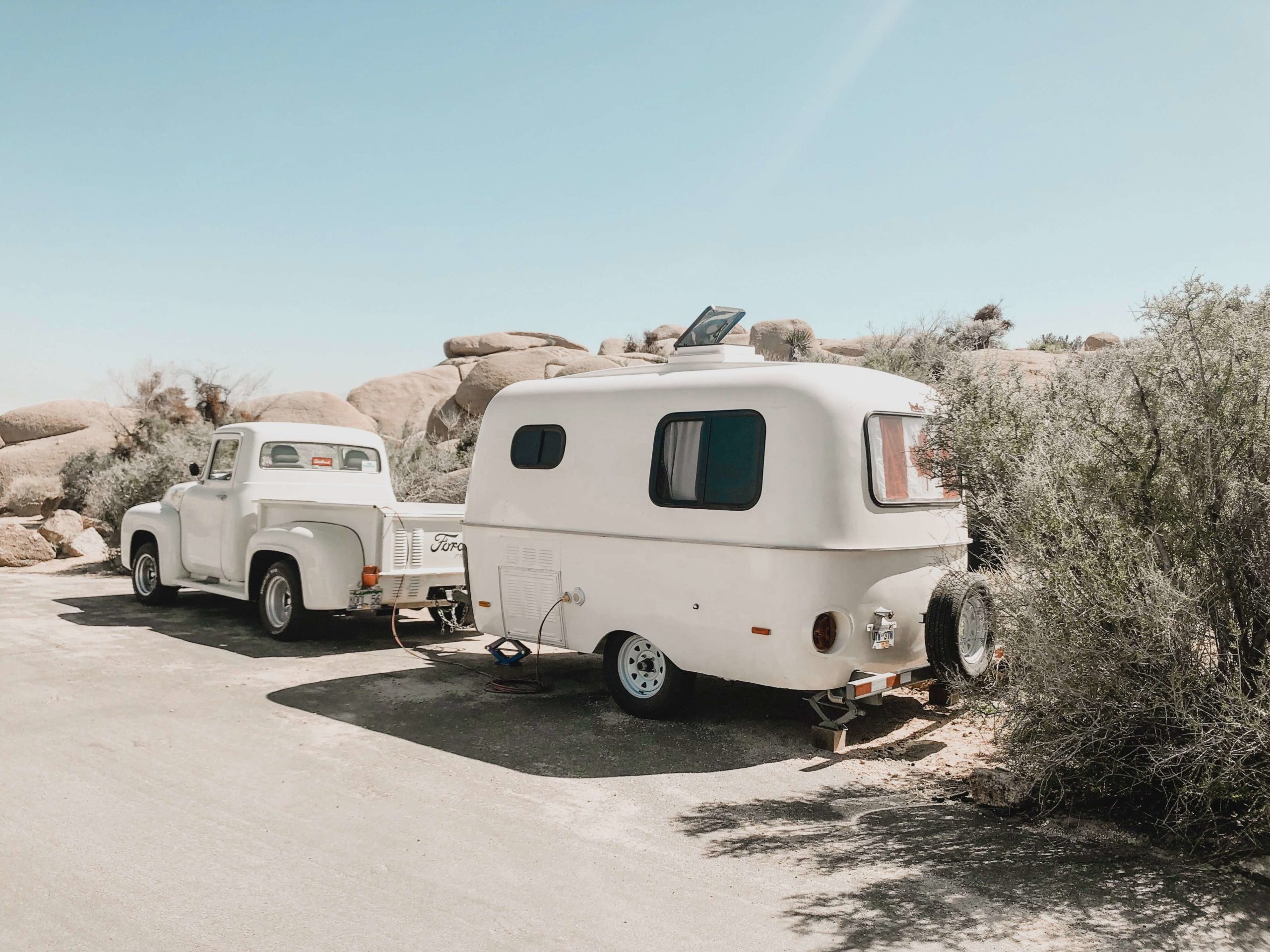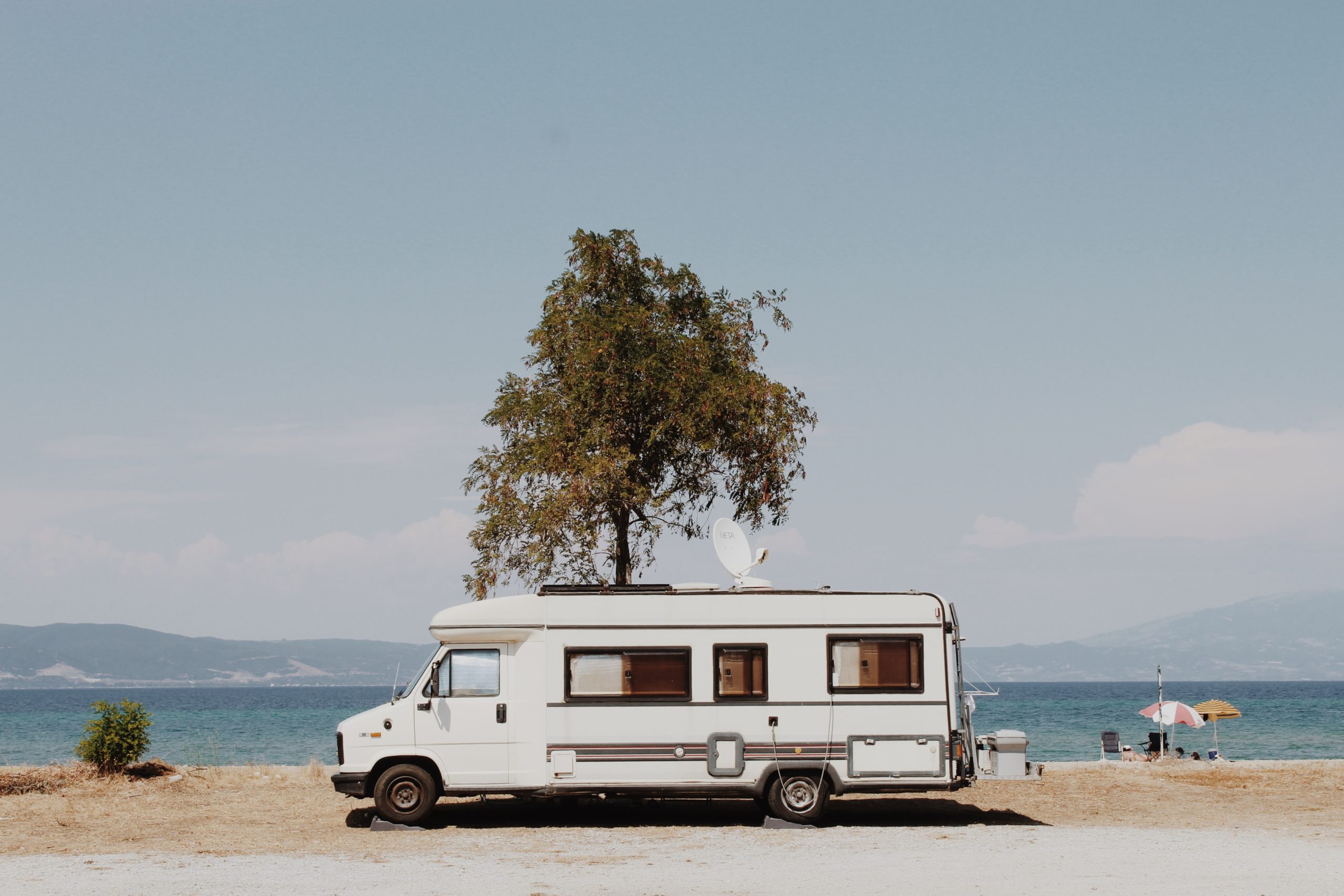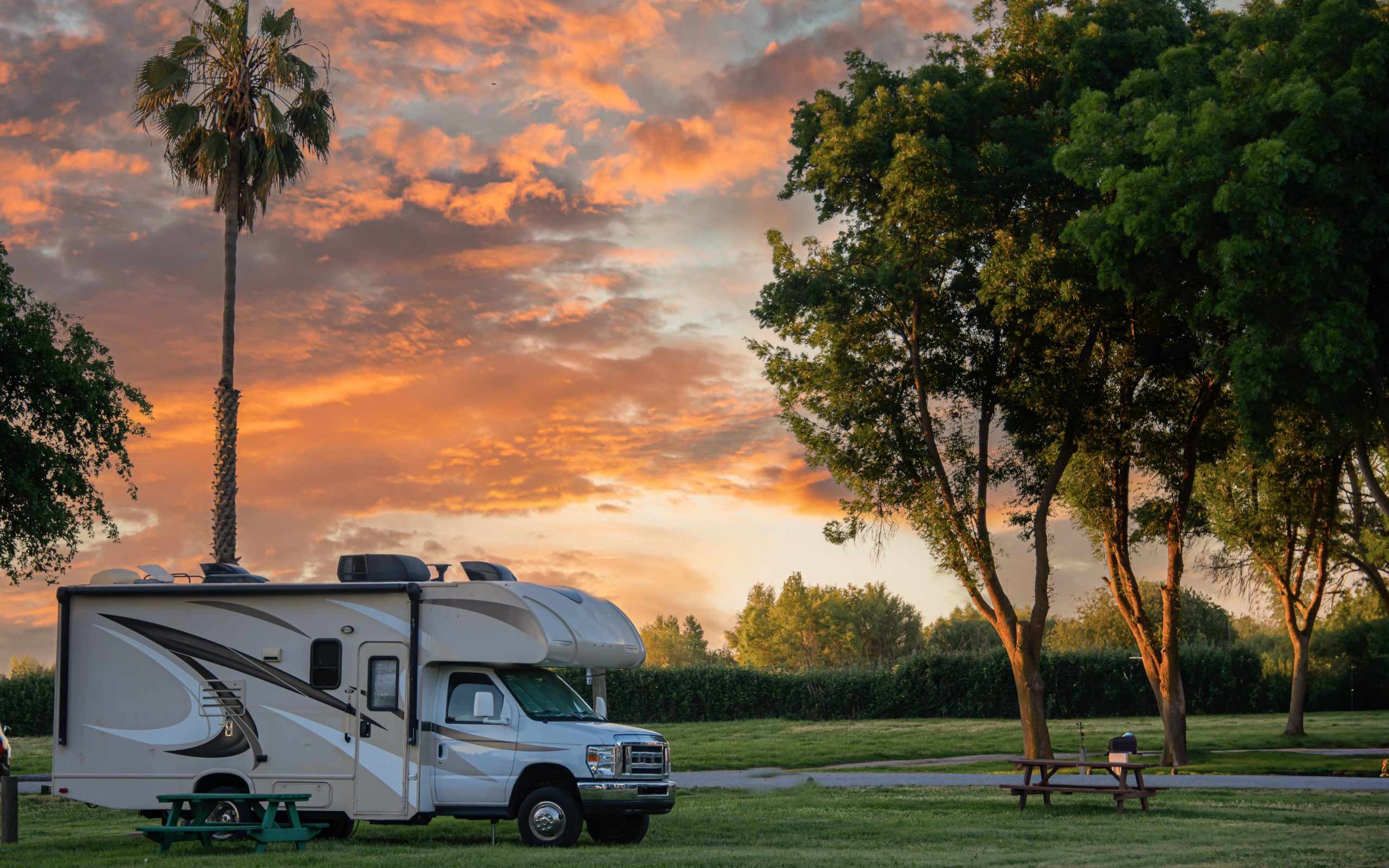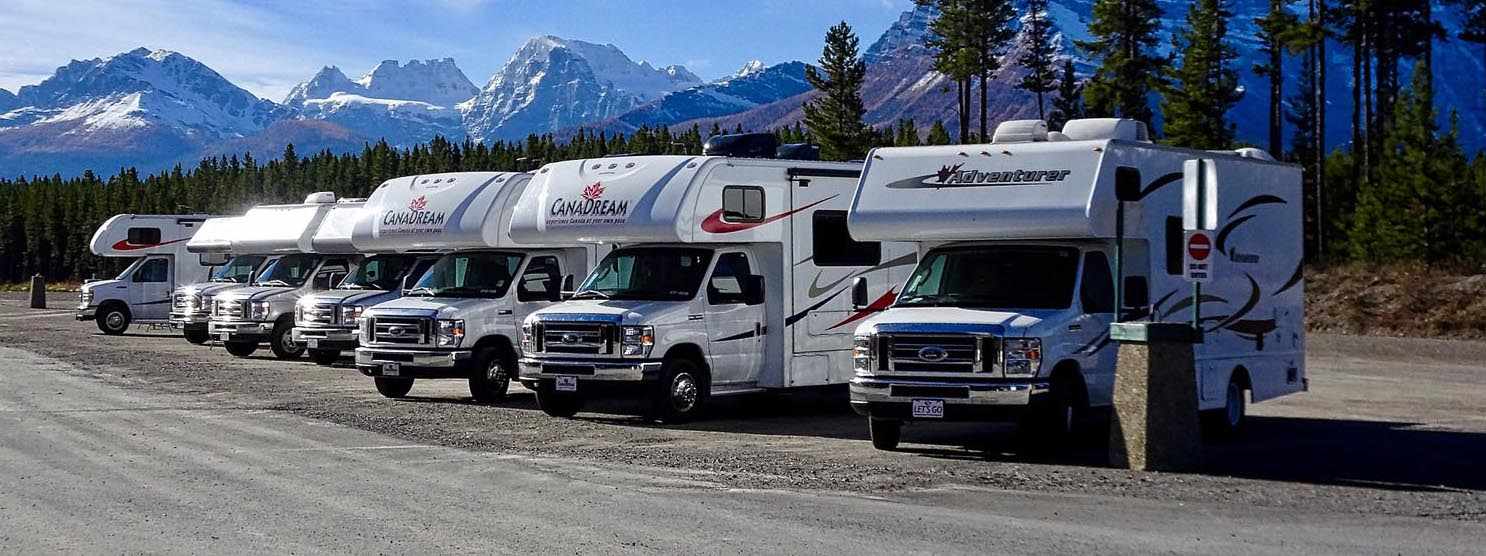Presented by ZenBusiness Inc.
For a limited time, our friends at ZenBusiness are offering Outdoorsy Owners discounts on their LLC formation services. Click here to learn how you can save on some of their most popular plans, including their Pro plan that includes an EIN to open a bank account at 35% off their normal pricing. Please check full terms and conditions on the ZenBusiness website to learn more.
So you’ve listed your RV, and you’re officially in business. Congrats! Now what? Well, the next thing would be to register your business with your state.
Which structure you choose will affect your taxes, liability, paperwork, and ability to raise money. Additionally, the one you choose will vary based on your state and fleet size, among other factors.
Now, let’s get down to business!
Business structures
There are various business structures to choose from:
- Sole proprietorship
- Partnership
- LLC
- Corporation

Sole proprietorship
This is the easiest structure for an individual to form, and if you don’t register as any other business, you’re automatically categorized as such. As a sole proprietor, your business assets and liabilities are not separate from your personal assets and liabilities. That said, you can be personally liable for all debts and obligations that come with the business.
Partnership
For two or more people in business together, this is the simplest structure. There are two types:
- Limited partnerships
- Limited liability partnerships
Limited partnerships
With a limited partnership, one partner will have unlimited liability, while the others have limited liability. Those with limited liability often have limited control over the business.
Limited liability partnerships
A limited liability partnership gives all partners limited liability, meaning one won’t be responsible for the actions of their partners.
LLC
An LLC is a popular choice among RV owners, especially when growing their fleets. An LLC, or limited liability company, is a legal entity that is a combination of a partnership and a corporation. With an LLC, owners are not personally liable for the company’s debts or liabilities. In the case of bankruptcy or lawsuits, your personal assets are more protected under an LLC.
Corporation
There are a variety of corporation structures:
- C corp
- S corp
- B corp
- Close corporation
- Nonprofit corporation
Let’s talk about the two most popular options: C corp and S corp.
C corp
A C corp is its own legal entity separate from its owners. Corporations can make a profit, be taxed, and be held legally liable. It’s more expensive to form and uphold a corporation; however, they offer the most protection for owners from personal liability.
S corp
An S corp is a special corporation. It is designed to avoid the double taxation that can come with a C corp.
How is an LLC different from the other structures?
Many RV owners choose to form one, if not multiple, LLCs as they grow their fleet. Why?
Well, let’s discuss:
- LLCs vs sole proprietorships
- LLCs vs corporations

LLC vs sole proprietorship
A sole proprietorship is owned and run by one person who is responsible for all liability. An LLC can be run by one or more members, and the individual members are not personally responsible for liabilities and debts; the LLC is.
In other words, your home, car, bank account, and personal assets are typically off-limits when it comes to debt collection or claims with an LLC. On the other hand, there is no separation between you and your business with a sole proprietorship. You are wholly entitled to all the profits but also responsible for all debts and obligations of the business.
If you’re just starting out in the RV rental business or renting your personal RV out part-time, a sole proprietorship may be the way to go. However, if you start to grow your fleet or hire employees, and you want more protection for your personal assets, you may decide to form an LLC.
LLC vs corporations
The main difference between an LLC and a corporation is that a corporation is owned by its shareholders. An LLC is owned by an individual or individuals, referred to as members. Both offer liability protection and help establish your credibility as a business.
Corporations have a much more rigid structure and the IRS is more restrictive. With an LLC, there are fewer requirements which makes business operations far simpler, and profits can be split however you choose.
Those in a higher-risk business, need to raise funds, or eventually plan to sell their business, may want to look into forming a corporation. Otherwise, an LLC is usually a good choice, especially for RV owners
Why should RV owners form an LLC?
Forming an LLC becomes more important the more RVs the owner has, or if they’re running multiple businesses in different states.
Benefits to forming an LLC as an RV owner include:
- Protecting your personal assets
- Separating personal from business finances for easier tracking for tax filing
- Potential to maximize tax deductions, depending on your situation (check with your Tax advisor)
- Helping make your business more legit, which can generate more business
- Making it easier to share your RV business with a friend of family member
In addition to all these, forming an LLC opens up access to new services and opportunities as an established business, from getting business loans to hiring staff.
And if you decide an LLC is right for you, there’s ZenBusiness! They take care of all the complicated paperwork and filing stuff, so you don’t have to deal with it on top of running your business. Outdoorsy RV owners also get discounts on ZenBusiness LLC formation services, which is a great way to save money now and in the long run.
Why ZenBusiness?
- They file everything and promise 100% accuracy.
- Services like Worry-Free Compliance keeps you in good standing all year without any effort.
- They keep up with your state (and multiple state) requirements for you and make sure you get the right paperwork filed on time.
- You can easily get online access to your business documents from anywhere.
- They also provide extra services, like a Registered Agent, that are required with an LLC.
- They give a discount to Outdoorsy RV owners
State requirements for LLCs
Operating agreements aren’t required in every state when forming an LLC, but it is certainly recommended, and ZenBusiness can handle this, too. The operating agreement of your LLC lays out each member’s responsibilities and states how profits and losses will be split.
An operating agreement is required if you’re forming an LLC in the following states:
- California
- Delaware
- Maine
- Missouri
- New York
There are different specifics for each, so make sure you look into your state’s LLC requirements. If it all seems too complicated or time-consuming, it can be. That’s another reason to use ZenBusiness — they’ll take care of everything for you, while making sure it’s accurate and on time.
How should you structure YOUR business?
How you structure your business is up to you but we recommend forming an LLC if you want added personal protection as you grow. As always, consult with a lawyer, accountant, or business advisor to help you make the best decision for your RV rental business.
Now, you’re open for business!








